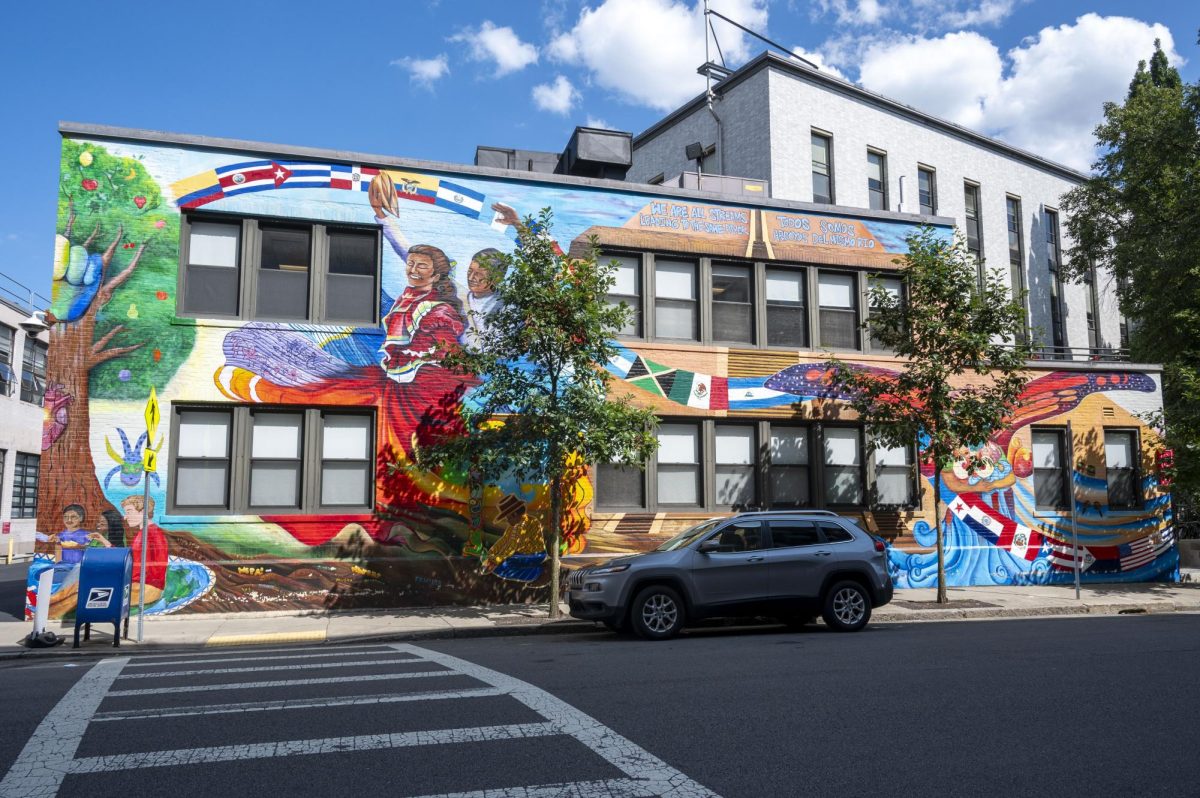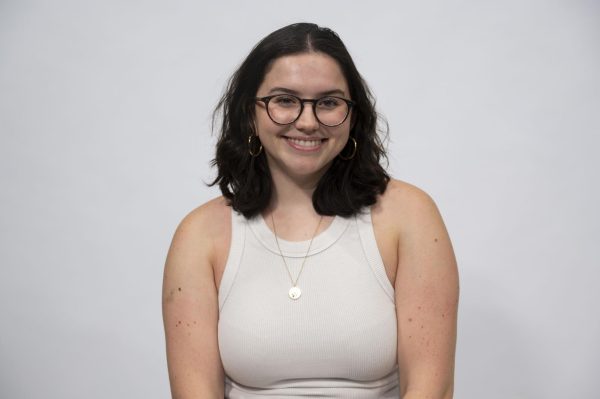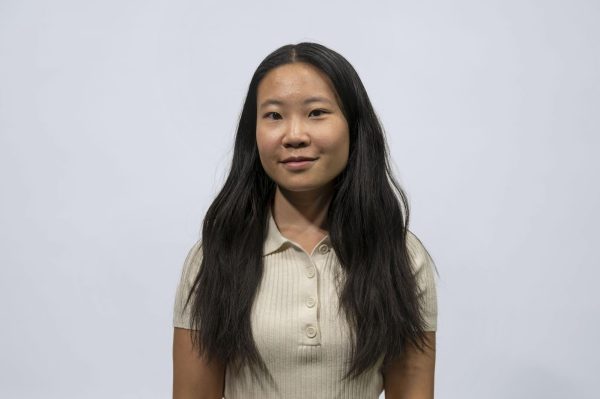The Latinx Student Cultural Center is a place “focused on providing an environment and space that is inclusive and enriching for all,” according to the mission statement on its website. However, some students who identify as Latino or Hispanic believe the name of the center reflects the opposite.
The term Latinx became popular in the early 2000s as a gender-neutral descriptor for those who identify as Latin American. In 2017, the center, which was then called the Latino/a Student Cultural Center, was renamed to become the Latinx Student Cultural Center, or the LSCC, in an effort to be more inclusive towards gender-fluid and non-binary individuals.
Some students support the current name because of its inclusion of non-binary individuals, but others believe the center should be renamed to generally encompass the Latino and Hispanic student body.
Several respondents on a student-circulated Google Form inquiring about attitudes towards the name of the LSCC feel the term is outdated and not inclusive toward all Latino and Hispanic individuals. The form was started by Evan Velez, a third-year international affairs and history combined major.
“You can’t pronounce ‘Latinx’ in Spanish,” said Velez, who identifies as Puerto Rican. He is currently administering the Google Form soliciting opinions from students about the name of the LSCC.
At the time of Velez’s interview with The News, he said the form had received around 75 responses, with about 60 people saying they would like to see the name of the center changed. The News confirmed the results with screenshots.
A few students also reported that the use of “Latinx” fails to include some identities under the Latin American and Hispanic umbrella, such as those from Brazil and the Caribbean islands.
“I noticed from the poll results that many students from the Latin American sphere feel that [the name] conflicts with many students because Latin America doesn’t [include] the Caribbean,” Velez said. “A lot of students were suggesting [using] Hispanic, but Hispanic doesn’t encompass Brazil and Portuguese-speaking people.”
Velez believes the center needs to stay away from both the terms Latinx and Hispanic and shift to something more broad. He suggested “La Casita — Student Cultural Center,” which would generalize not only the ethnicities but also the gender identities the center caters to.
Although some believe the term Latinx fails to encompass all Latin American and Hispanic identities, others defend the term’s ability to include all gender identities.
“Spanish and Portuguese can be very gendered in a way,” said Jasmine Velazco, a fifth-year journalism major who identifies as non-binary. Because many nouns and adjectives in the Spanish language require an “o” or “a” at the end of the word to signify masculinity or femininity, some gender non-confirming individuals feel excluded by the language and prefer the term Latinx.
When Velazco, who identifies as Mexican and is the former president of the Latin American Students Organization, or LASO, arrived at Northeastern, they said they found a home and place of belonging in the LSCC.
“I remember walking into Northeastern and seeing this colorful building and seeing cultures represented and then seeing the ‘X,’ and I felt so welcomed, so at home,” said Velazco, who moved to Boston from California.
Velazco said their main goal as president of LASO was to “bring awareness to a lot of different issues, such as intersectionality within the Latin American identity and racism, classism, homophobia and transphobia.”
Velez posted the form assessing students’ opinions about the name of the center on Northeastern’s Reddit page. Many people in the comments expressed support and agreement toward Velez’s sentiments.
Graduate student Katherine Talencia believes that all Hispanic and Latino students should be involved in the process of renaming the center.
“People should vote on this,” she said. “There should be a more open discussion about this.”
The university did not respond to multiple requests for comment.
Velez said he met with the interim director of the LSCC, Robert Jose, to discuss Velez’s concerns about the center’s name and ask for help circulating the form, but after sending around three follow-up emails, he had not heard back as of publication of this article, he said.
Sara Rivera and Rosa Torres, the associate director and administrative coordinator of the LSCC, respectively, were both receptive towards Velez’s concerns, he said. Rivera and Torres could not be reached for comment.
“When you try to bring up things to change to Northeastern, they kind of just go on radio silence, so you have to bring a huge crowd to actually get their attention,” Velez said.












